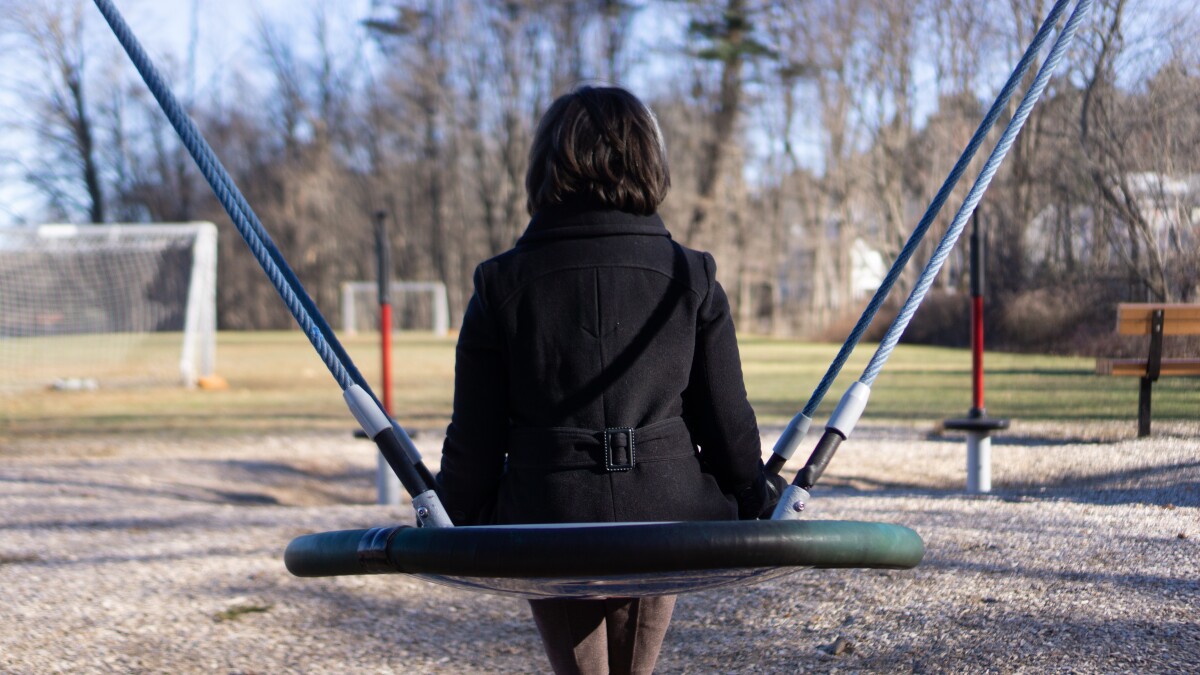Melissa experienced a sense of dread early in 2022 when a Massachusetts family court judge mandated her to attend a parenting class with the estranged father of her child.
Reluctant to engage in sessions with the man she accuses of abusing her and her elementary school-aged child, Melissa, who preferred not to disclose her last name, reluctantly agreed to enroll in a remote course titled “High-conflict Parent Education” offered by William James College in Newton, costing her $900.
Having left her abuser with the expectation of protection, Melissa expressed her dismay, stating that instead of safeguarding her, the court order seemed to push her back into a relationship with him.
The course spanned nine weeks of 3-hour sessions, involving assignments where parents were tasked with identifying “positive traits” about each other, exploring ways to avoid triggering each other, and engaging in phone conversations to establish common goals.
Advocates of the class, reportedly completed by around 600 parents in the past decade, argue that it aims to shield children from the detrimental effects of “toxic stress” stemming from parental conflicts. However, critics contend that the program inflicts unnecessary trauma, particularly on domestic violence survivors.
The discourse surrounding this course emerges within a broader conversation on enhancing court-ordered classes for separated parents, questioning the efficacy and necessity of such interventions. While Massachusetts previously mandated a briefer, less costly parenting course for divorcing parents, this requirement has been on hold since 2021 due to concerns regarding the classes’ uniformity and impact.
Melissa is among a small group of women who voiced their reservations to GBH News regarding the more intensive “high-conflict” parenting class. This program stands out in the state for its cost, duration, and the stipulation that “high-conflict” parents must participate jointly. Despite their apprehensions, these women chose to remain anonymous, describing the class as “shaming,” “cult-like,” and “unsettling.”
Multiple participants shared feelings of unease during the course, even in virtual settings amidst the pandemic, recounting instances where they were uncomfortably paired with their estranged partners in unmonitored breakout sessions.
One woman from Middlesex County expressed horror at being compelled by the court to partake in the class with her abusive ex-husband, likening the experience to a cult where individuals were publicly criticized for their parenting approaches.
Another woman forwarded an essay to GBH News detailing her frustrations with the program, highlighting the pressure to identify triggers for her abuser’s anger and modify her behavior to ensure better outcomes for her children. She humorously contemplated listing “breathing” as a trigger.
Recently, a white paper circulated by a Boston College law lab corroborated some of the concerns raised by these women. The report underscored that the “high-conflict” course lacks state regulation, entails a lengthy completion timeline, and alarmingly mandates parents who have endured domestic abuse to attend concurrently.
Claire Donohue, an assistant clinical professor at Boston College Law School and the lead author of the report, initiated the investigation following requests from former participants, including Melissa. Despite seeking information from William James College about the program, researchers received no response or documentation.
Donohue aspires for the report to spark dialogue about the program and prompt a broader discussion on court-mandated parenting classes in Massachusetts, questioning the imposition of advice from unfamiliar entities on individuals navigating the aftermath of failed relationships.
While court officials refrained from addressing the Boston College report directly, they emphasized that the court does not oversee or regulate the William James course. Acknowledging concerns raised by participants and legal representatives regarding high-conflict parenting courses, court officials underscored the primary objective of such programs: educating parents on mitigating harm to children arising from parental discord and promoting effective co-parenting.
In response to mounting apprehensions, the chief justice of the Probate and Family Court suspended the mandatory parenting class for divorcing parents in July 2021, citing a lack of evidence supporting its efficacy and non-compliance with reporting guidelines by individual providers. The decision followed public scrutiny triggered by an article questioning whether Massachusetts was stigmatizing divorced parents.
Efforts are underway to reintroduce a revamped, evidence-based parenting program in Massachusetts, aligning with state guidelines dictating the structure and cost of such courses. The revised course, intended for both married and unmarried parents embroiled in custody disputes, aims to address previous shortcomings and enhance its accessibility and effectiveness.
While legal service attorneys have expressed concerns about the new program, particularly regarding victims of domestic violence feeling compelled to participate, court officials are striving to address these issues by providing clearer guidance on waiver options for affected individuals.
Amidst these developments, the William James program continues to draw scrutiny for its approach and impact. Reports of individuals, especially domestic violence survivors, feeling coerced into affirming interactions with former partners during the course have raised significant ethical concerns.
Despite the college’s defense of the program’s origins and intentions, dissenting voices emphasize the distress and discomfort experienced by participants, questioning the appropriateness of the program’s methods and requirements.
Melissa’s journey through the course, driven by the fear of losing custody and the court’s mandate, underscores the coercive nature of such programs. The emotional toll endured during the classes lingered even after completion, prompting Melissa to seek solace and solidarity among fellow survivors online.
As discussions on the efficacy and ethics of court-ordered parenting classes persist, it remains crucial to prioritize the well-being and autonomy of all individuals involved, especially those grappling with the aftermath of abusive relationships and seeking to rebuild their lives post-separation.

